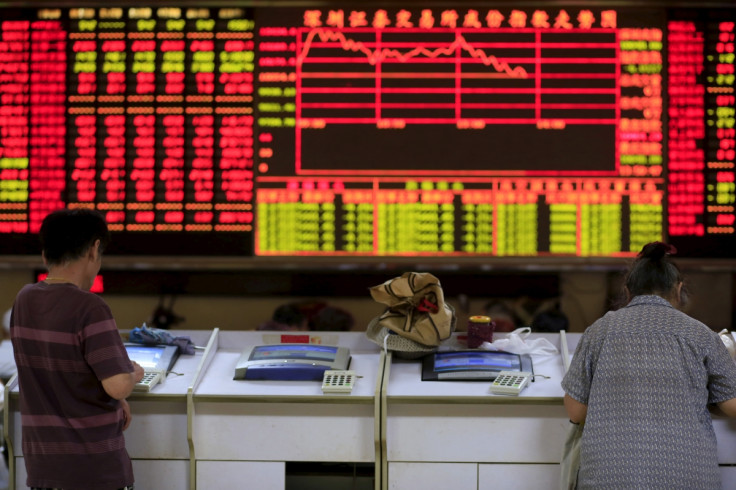Asian markets: Shanghai Composite slips more than 6% on liquidity concerns

China's Shanghai Composite Index closed lower by 6.41% on 25 February. The rest of the Asian stock market indices, however, traded mixed. Wall Street closed up even though oil prices continued to decline.
The selloff in China was attributed to tighter liquidity. Michael Every, head of financial markets research for Asia Pacific at Rabobank, told CNBC, "Liquidity is tightening again in the market, and global negative tone feeding through leading to profit taking in small caps."
Going forward, it is understood that investors are looking forward to the G-20 meeting in Shanghai, scheduled for 26 February. Investors expect the outcome of the meeting to act as a potential catalyst for the troubled financial markets.
Stefan Worrall, director of Japan equity sales at Credit Suisse in Tokyo, said, "The IMF has suggested that members of the G-20 summit use the meeting as a means of discussing a coordinated policy response for what could otherwise be a crisis. I think investors are closely watching the G-20 for any signs of a coordinated fiscal response."
Indices in Asia traded as follows on 25 February at 8.33am GMT:
| Country | Index | Price | Up/Down | %Change |
| China | Shanghai Composite Index | 2,741.25 | Down | 6.41% |
| Hong Kong | Hang Seng Index | 18,888.75 | Down | 1.58% |
| Japan | Nikkei 225 | 16,140.34 | Up | 1.41% |
| South Korea | KOSPI | 1,918.57 | Up | 0.32% |
| India | CNX Nifty | 6,991.35 | Down | 0.36% |
| Australia | S&P/ASX 200 | 4,881.20 | Up | 0.13% |
On 24 February the Dow Jones Industrial Average closed at 16,484.99, up 0.32%, while the FTSE 100 closed lower by 1.60% at 5,867.18.
Among commodities, crude reacted negatively to the recent statements by Saudi Arabian oil minister, Ali al-Naimi. WTI crude oil was trading 0.50% lower at $31.99 (£22.96, €29) a barrel, while Brent was down 0.44% at $34.26 a barrel at 5.40am GMT on 25 February.
© Copyright IBTimes 2025. All rights reserved.

















